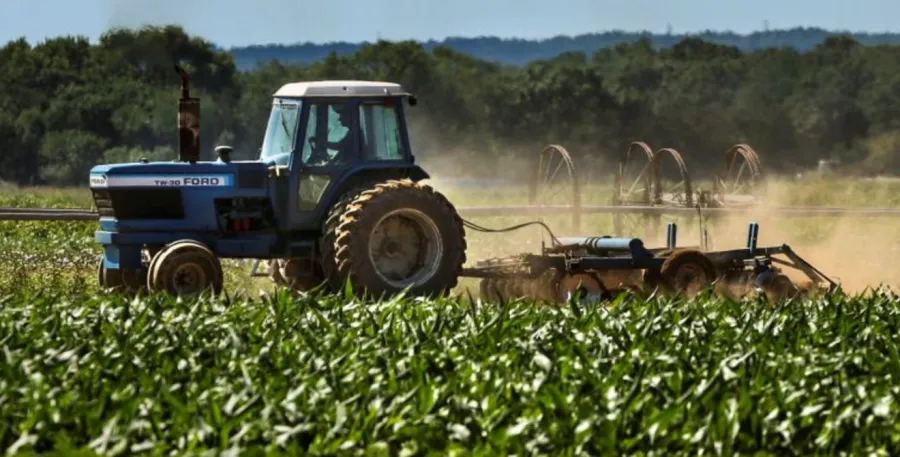Farm workers pay: NYers deserve fair overtime

Wednesday, February 2, 2022
This editorial was written by the Newsday Editorial Board.
When the federal Fair Labor Standards Act of 1938 was introduced by President Franklin Roosevelt, the bill’s 25-cents-per-hour minimum wage and overtime pay for working more than 44 hours per week included all employees, even those toiling on farms. But opposition from politicians representing agricultural districts, particularly in the South, carved farmworkers out of the bill. Though numerous — there were about 12 million farm laborers in 1938 compared with 3 million today — these workers had little political power, and were sacrificed to get the broader bill passed.
New York's laws should have long ago placed the same overtime requirements on farms as other employers, but only lately has there been improvement. Two years ago, the state reduced the number of hours before overtime was required to be paid from 80 hours per week to 60. Now the state’s Farm Labor Wage Board has recommended to the state’s commissioner of labor that the bar be reduced to 40 hours, as for nearly all other jobs, gradually over 10 years.
The arguments against treating farmworkers like other workers are neither new nor insignificant. New York's farmers argue the industry is so seasonal, the need for labor so sporadically intense, the profit margins so thin, and competition from other regions and nations so stiff that they can’t afford to pay the extra wages. And they say that if they cut workers’ hours to 40 per week, the workers could see their earnings decline as their hours are reduced.
Many industries face massive, temporary labor needs, and have to pay overtime after 40 hours. Retail workers and employees at shippers like UPS are often hired seasonally, for long hours, like those picking a crop. The argument that farmworkers would be hurt if their hours were limited to 40 doesn't quite cut it in an industry that faces a severe worker shortage and lobbies for more visas for farmworkers.
The more compelling argument against any change is that making New York farmers pay overtime on the state’s high minimum wage, now $15 an hour on Long Island, makes it difficult to compete with producers in states where the minimum is $7.25 and impossible to best international growers paying laborers a pittance.
New York needs a strong local agriculture industry. It does not need to build it on the backs of underpaid laborers. If New York law makes local farmers uncompetitive due to overregulation, the state has a responsibility to ameliorate that.
Gov. Kathy Hochul’s proposed budget, with a doubling of the Farm Workforce Retention Tax Credit to $1,200 a year per employee and new funding to help farmers meet environmental standards, addresses that.
When the people who grow our food have to work extended hours at backbreaking labor, mostly outdoors, they should be as protected by state law as other workers. The planned change is gradual, an appropriate step to protect farmers and farms.
